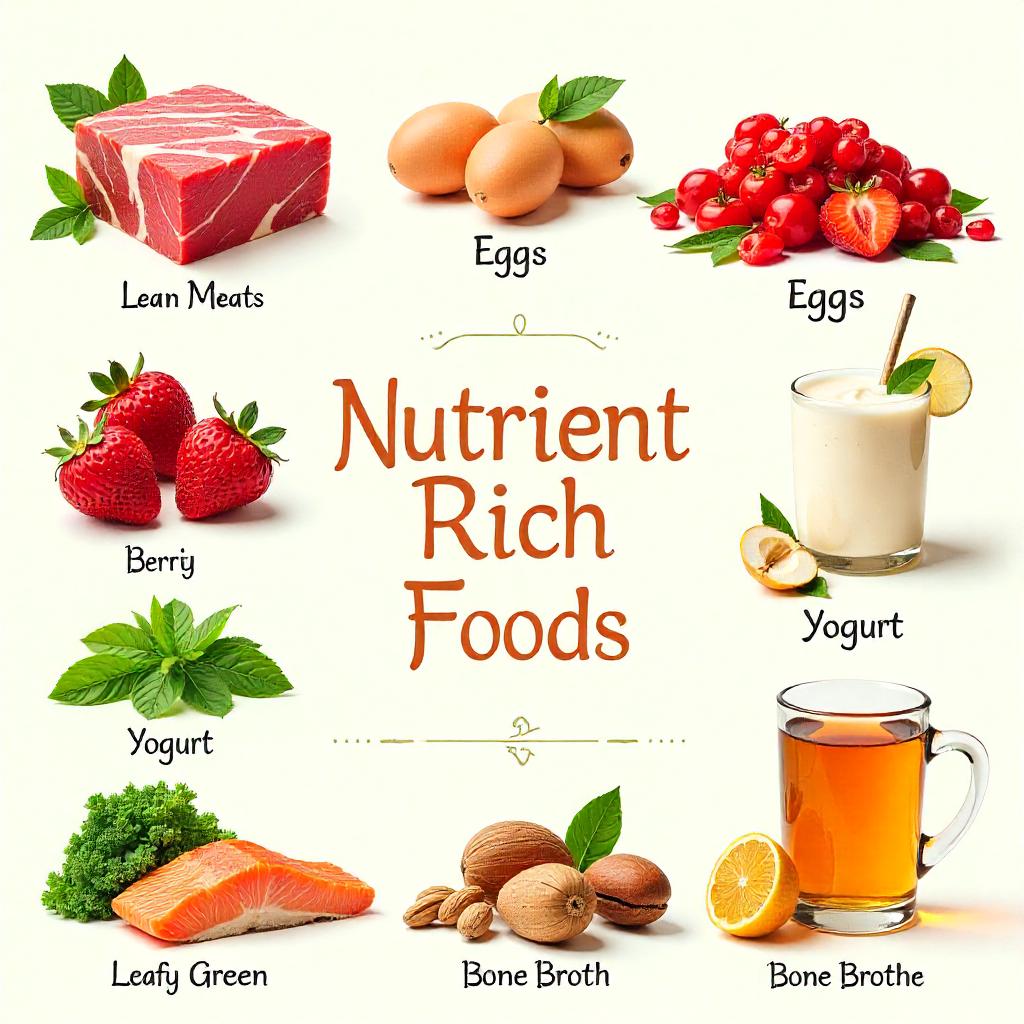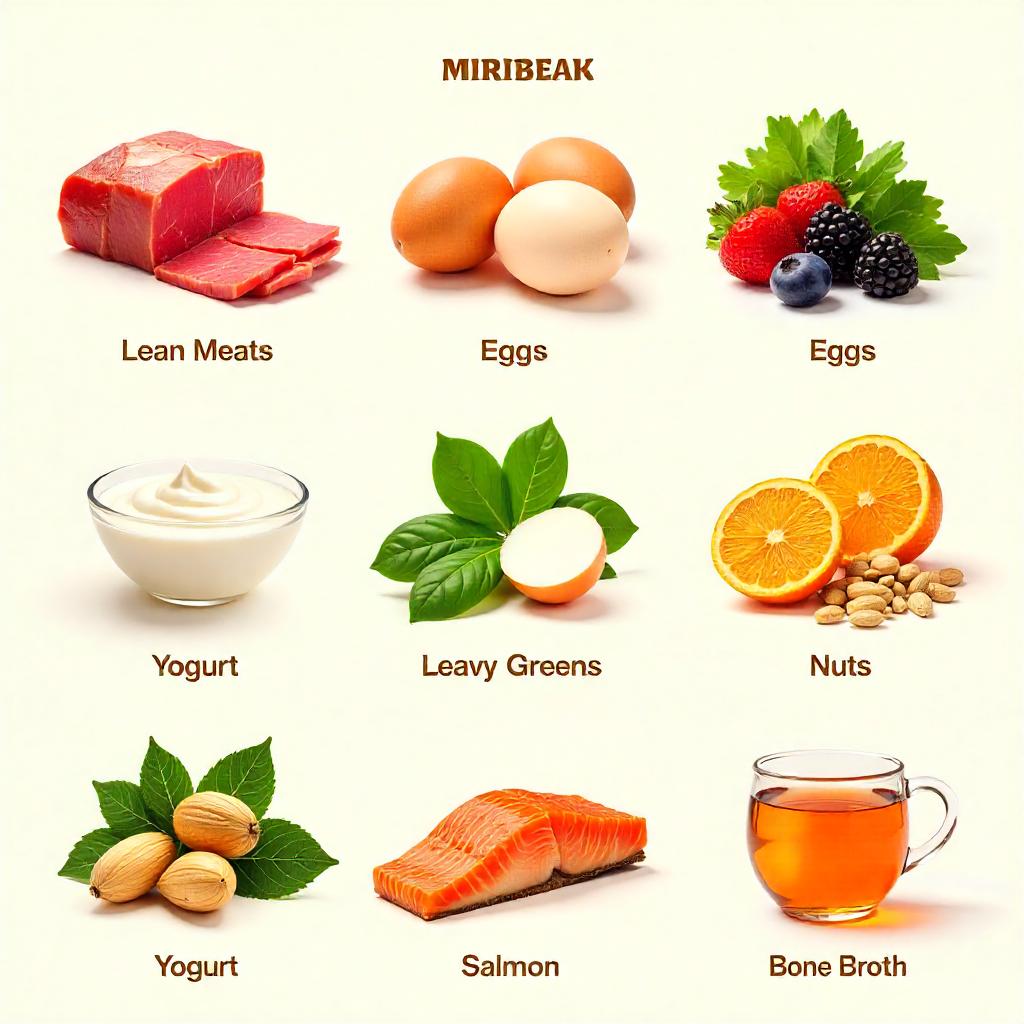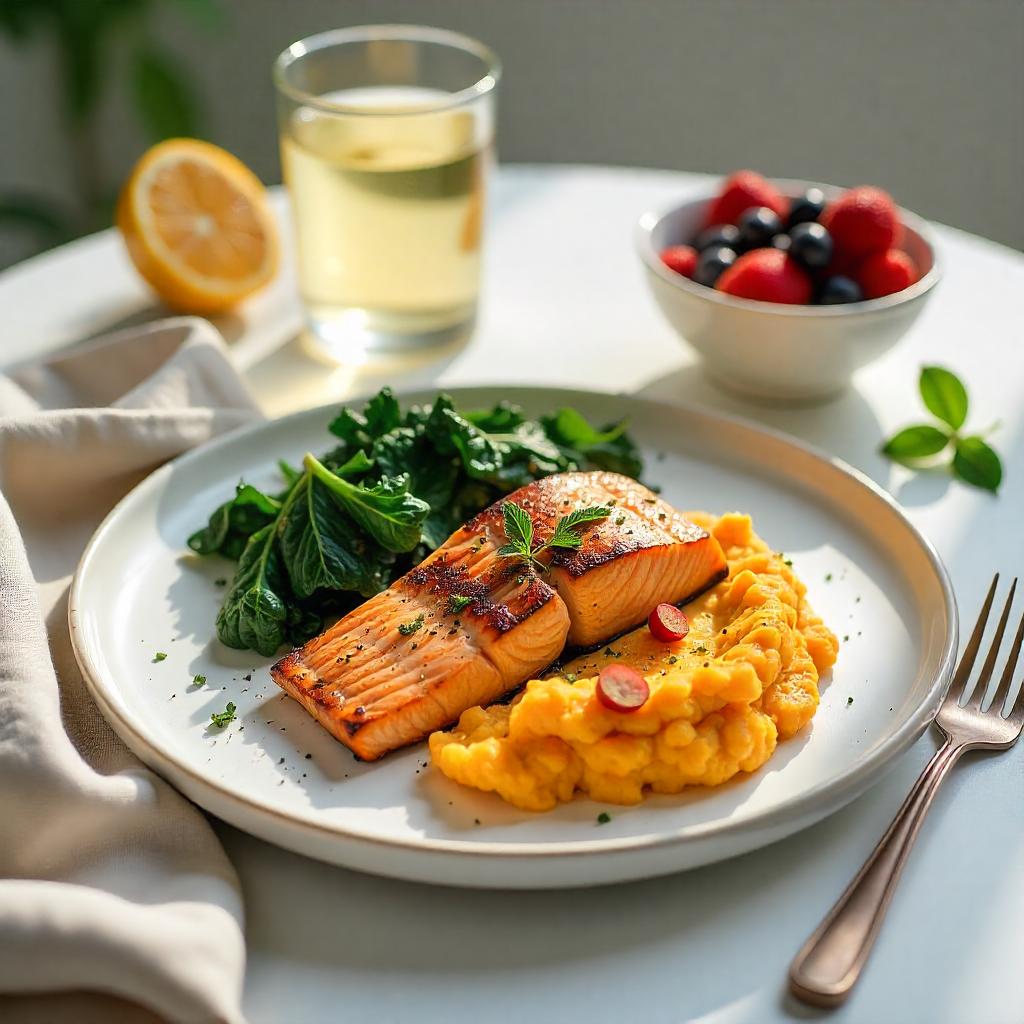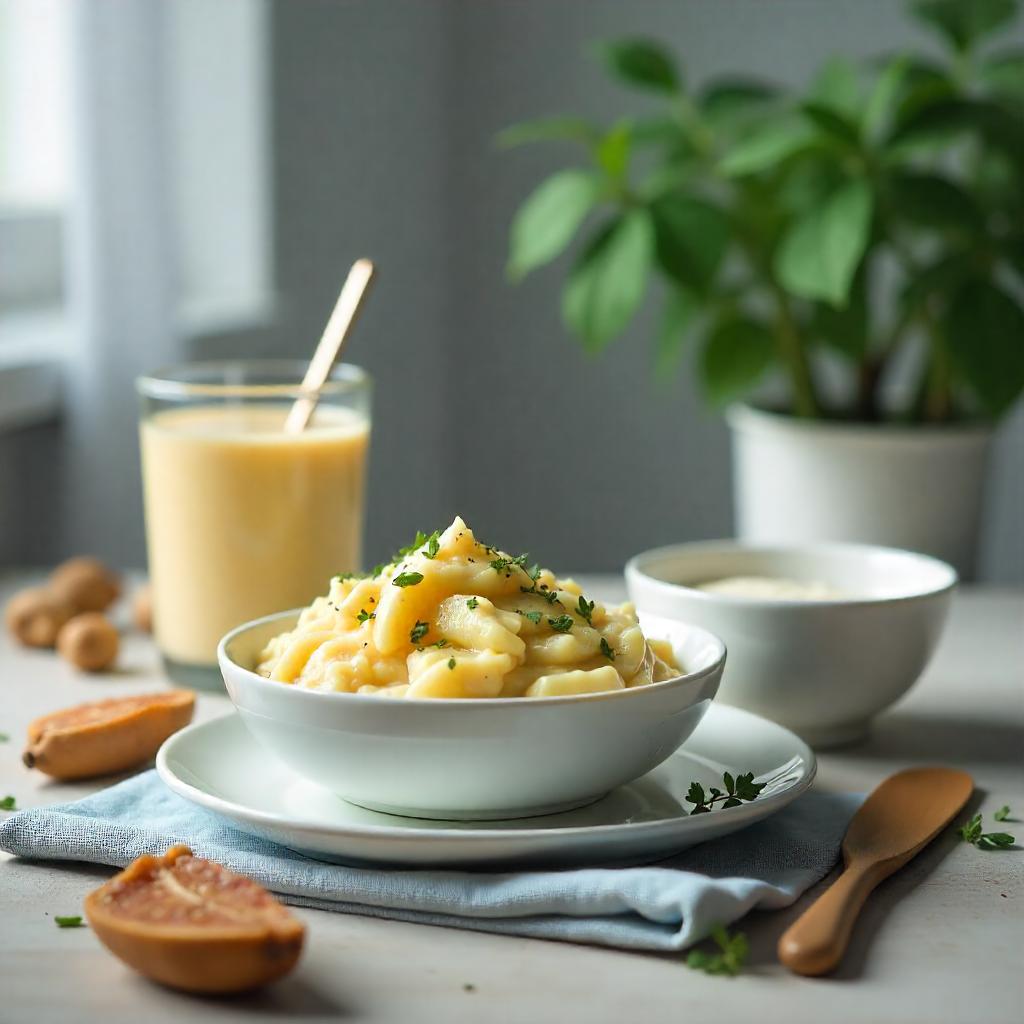Recovering from surgery can be a challenging time, but what you eat plays a crucial role in how quickly and effectively your body heals. Certain foods are rich in nutrients that accelerate repair, reduce inflammation, and support immune function. Choosing the right diet can significantly impact your recovery process.
Below, we highlight the top foods to include in your diet post-surgery for optimal healing.
1. Protein-Rich Foods for Tissue Repair
Protein is essential for repairing tissues and promoting wound healing. After surgery, your body needs more protein to rebuild muscle and connective tissue.
- Lean Meats such as chicken, turkey, and fish are excellent sources of high-quality protein.
- Eggs provide all nine essential amino acids, making them a perfect food for recovery.
- Beans and Lentils are plant-based options packed with protein, fiber, and other essential nutrients.
- Greek Yogurt not only supplies protein but also probiotics that aid digestion, particularly after taking antibiotics.
Pro Tip:
Aim to incorporate protein into each meal to help meet post-surgery needs, which may be higher than usual. Registered dietitians often recommend 1.2 to 2.0 grams of protein per kilogram of body weight during recovery.

2. Vitamin C-Rich Fruits and Vegetables
Vitamin C is crucial for collagen production, a protein that helps repair wounded tissues. It also strengthens the immune system to ward off infections post-surgery.
- Citrus Fruits like oranges, lemons, and grapefruits are excellent sources of Vitamin C.
- Berries, such as strawberries and blueberries, not only provide this vitamin but are also rich in antioxidants that combat inflammation.
- Bell Peppers contain more Vitamin C than most fruits and vegetables.
- Leafy Greens like kale and spinach are also packed with vitamins and minerals beneficial for wound healing.
Did You Know?
Vitamin C deficiency can impair surgical wound healing. Including these foods in your meals can significantly improve outcomes.
3. Anti-Inflammatory Omega-3s
Inflammation is a natural part of the healing process but excessive inflammation can hinder recovery. Omega-3 fatty acids are known for their anti-inflammatory properties.
- Fatty Fish like salmon, mackerel, and sardines are rich in omega-3s.
- Walnuts, chia seeds, and flaxseeds are plant-based alternatives.
- Algae Oil Supplements offer a potent omega-3 source for those following vegetarian diets.
Latest Insight:
Research suggests that combining omega-3s with a balanced protein intake can improve outcomes in surgical recovery, particularly in reducing swelling and pain.
4. Zinc-Packed Foods for Wound Healing
Zinc plays a key role in tissue repair and immune support, making it essential after surgery. However, your body doesn’t store zinc, so you need to consume it regularly through food.
- Shellfish, especially oysters, are one of the richest natural sources of zinc.
- Pumpkin Seeds and sunflower seeds are excellent plant-based options.
- Red Meat and poultry also provide significant amounts of easily absorbed zinc.
Important Note:
Avoid zinc supplements unless prescribed by a doctor, as excessive zinc intake can interfere with your body’s ability to absorb other nutrients, such as copper.
5. Iron-Rich Foods to Replenish Blood
Iron is crucial for restoring red blood cells, especially after surgeries involving blood loss. Pair iron-rich foods with Vitamin C sources to improve absorption.
- Lean Red Meat is an excellent source of easily absorbed heme iron.
- Legumes like lentils and chickpeas are rich in non-heme iron for plant-based eaters.
- Dark Leafy Greens such as spinach also contain iron.
- Fortified Cereals are a convenient option for boosting intake.
Quick Tip:
Cooking in a cast iron skillet can add small amounts of iron to your meals, especially when preparing acidic foods like tomatoes.

6. Hydrating Foods and Fluids
Staying hydrated is vital for circulation and delivering nutrients to your recovering tissues. Dehydration can slow down the healing process.
- Water is essential, so drink plenty of it throughout the day.
- Bone Broth not only hydrates but also provides collagen and minerals that support healing.
- Water-Rich Fruits like cucumbers, watermelon, and oranges keep you hydrated while adding extra vitamins and antioxidants.
- Herbal Teas can be soothing and provide additional hydration.
Expert Recommendation:
Aim to drink at least eight cups of fluid daily, but this may vary based on surgery type, activity level, and climate.
7. Whole Grains for Energy
Your body needs energy to power the healing process. Whole grains provide a steady source of fuel, along with essential nutrients like fiber, B vitamins, and magnesium.
- Quinoa offers a complete protein source alongside energizing carbs.
- Oats, brown rice, and whole-grain bread supply long-lasting energy.
- Barley and farro are additional grains worth including in your diet.
8. Probiotic Foods for Gut Health
Antibiotics, often prescribed after surgery, can disrupt gut flora. Probiotic-rich foods help restore balance and improve digestion.
- Yogurt or kefir is an excellent source of live cultures.
- Sauerkraut and kimchi are fermented foods offering gut-friendly bacteria.
- Miso Soup contains probiotics and essential nutrients to support recovery.
Gut Connection:
Your gut health impacts your immune system and overall recovery. Incorporating probiotics aids digestion, particularly after anesthesia or pain medication.
Foods to Avoid During Recovery
While including healing foods is essential, certain items can hinder recovery:
- Processed Sugars impair immune function and increase inflammation.
- Fried Foods are hard on digestion and add unnecessary calories.
- Heavy Alcohol delays healing and weakens the immune system.
- Excessive Sodium can lead to fluid retention and swelling.
Final Thoughts
A well-planned diet after surgery can speed up healing, reduce complications, and improve overall wellbeing. Prioritize whole, nutrient-dense foods like protein-rich meals, Vitamin C-rich fruits, and hydrating fluids for optimal recovery. By avoiding inflammatory and processed items, you’ll support your body in regaining strength and resilience faster.
Small dietary changes can make a big impact. Consult with your healthcare provider or dietitian to tailor your meal plan to suit your specific surgical recovery needs.




